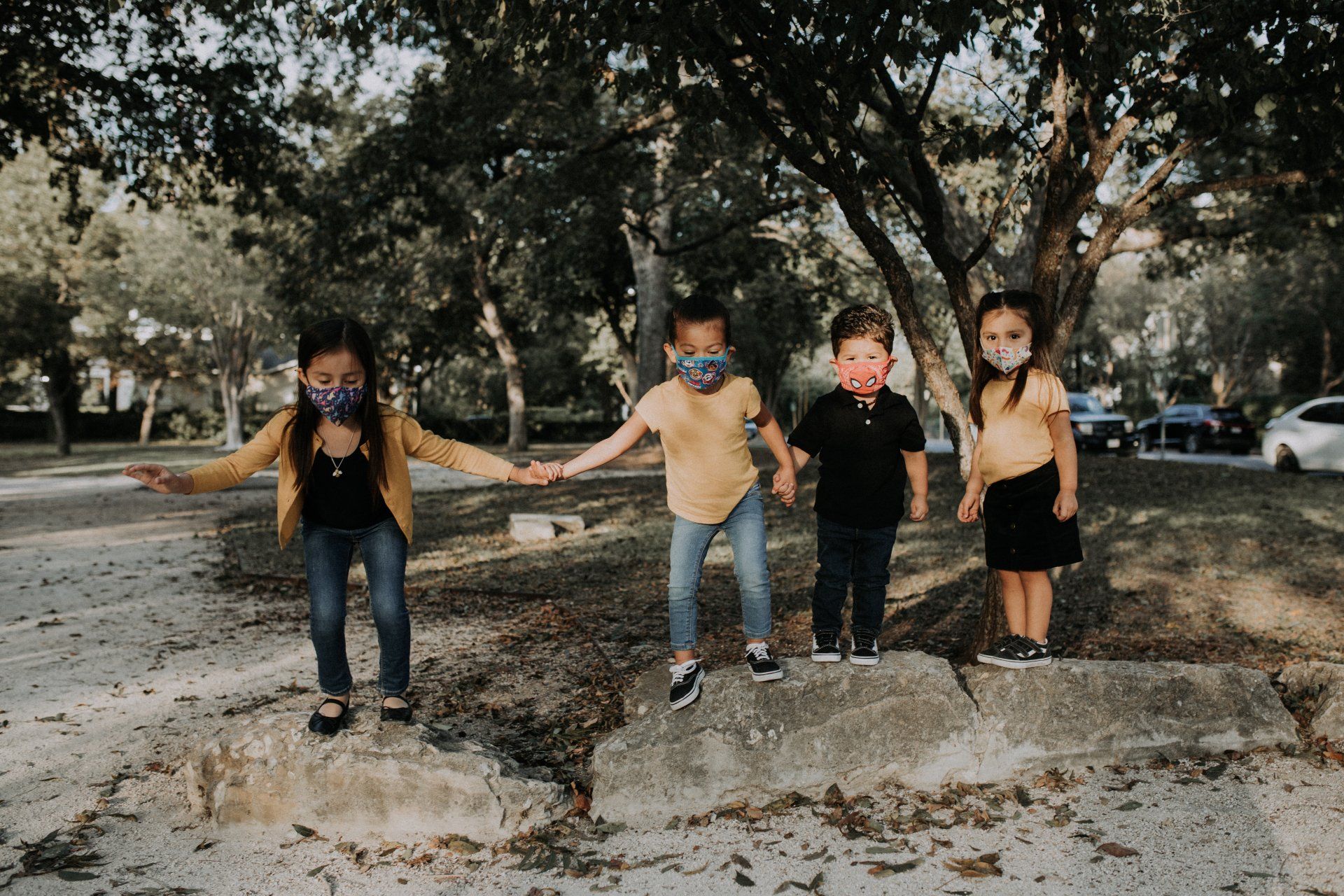Story of Hope: Marilyn Abplanalp
Advocate Impact Story
Marilyn Abplanalp joined CASA in 2017. She had recently moved from Missouri with her husband to be closer to family. Marilyn immediately accepted a case with 5 children ages 5, 3, 2, 1, and a newborn. The children had come into care due to the newborn being born brain dead and medically fragile, there was also allegations of neglectful supervision of the other 4 children. When Marilyn started working with the children, the oldest 4 were placed in a shelter and the baby was placed in a medically fragile foster home.
Marilyn immediately got to work and started making her placement visits and getting in contact with teachers and daycare workers. The children had developmental delays, special needs, and the 2 year old was non-verbal. Within the first month and a half Marilyn had to testify in a hearing regarding placing the children back in the home of their mother. Even though Marilyn was able to provide first-hand information from teachers, doctors, and therapist regarding the hesitancy-the 4 older children were placed with their biological mother and paramour. Marilyn continued to coordinate visits with CPS to follow up on the children, she would visit the school and daycare to get updates on how the children were doing and during this time she also started providing updates to the ad litem to keep him apprised
with what was happening.
The case went back to court a month later and 2 of the children were removed and placed back in foster care. Again, Marilyn had to testify and make a recommendation. There were now 3 placements for the children: a medical foster home, a foster home, and mom. Since the children had experienced so much trauma- therapy was essential. The 2 year old had significant behavior concerns so trauma based therapy was ordered. Marilyn would get recommendations from the therapist on how to work with the children and would work with the foster parents to address the behaviors the children were having. Three months later Marilyn had to testify regarding placement and again she was just as prepared to make a recommendation. The remaining 2 children with the mother were now removed and placed in a foster home. The children would move from 2 different foster homes until June 2018 when they were finally placed together in a foster to adopt home. Despite the different placements, Marilyn never missed a visit with any of the children. Marilyn was able to provide a very thorough background of all the children to the new foster parents. The children starting thriving in the home, even the 2 year old started learning the rules and could be re-directed when his behaviors would start.
Before trial, the family suffered a great loss, the newborn baby died due to her medical complications. Even though this was a very difficult time, Marilyn made sure the other children’s needs were still being met. She advocated for them to receive grief therapy (especially the oldest because she remembered her baby sister). Trial was lengthy, Marilyn was present for each day and again testified for the best interest of the children. In the end, all parent’s rights were terminated except the 2 year old’s father, he maintained his possessory rights. This would become to be challenging for the 2 year old because his siblings were now able to be adopted into a permanent home and would most likely mean he would be separated from them.
After trial, Marilyn unfortunately had to come off the case for personal reasons and CASA closed the case. However, this did not mean that Marilyn would not come back to help again. After learning that the 2 year old, now a 6 year old, still had not found permanency, Marilyn agreed to come back and help him. The 6 year old is now placed in a foster home after being in about 7 different placements since 2019. When Marilyn visited him again for the first time since 2019 she was unsure if he would recognize her but he DID! He smiled from ear to ear and had a conversation with her. Marilyn was so excited to hear him talk because the last time she saw him he struggled with his speech. The case is also now in CFE (Collaborative Family Engagement) so Marilyn is part of the team that is trying to find him permanency. Marilyn continues to visit him at school every other week and has lunch with him. They play games, talk, and he even introduces her as his CASA! Marilyn is greatly appreciated for all she does!









